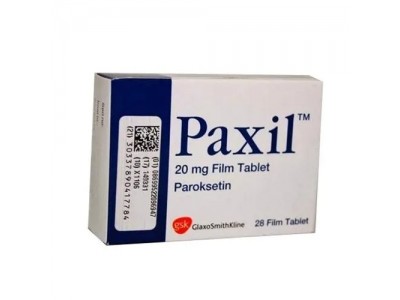Medications that effectively treat both depression and anxiety are often selected based on their ability to address symptoms of both conditions. Selective serotonin reuptake inhibitors (SSRIs) are commonly prescribed for this purpose. Drugs like sertraline, escitalopram, and paroxetine are known for their effectiveness in treating both depression and anxiety. Another class of medications, serotonin-norepinephrine reuptake inhibitors (SNRIs), such as venlafaxine and duloxetine, can also be effective for managing both conditions.
Among these medications, some are noted for having a relatively favorable side effect profile. SSRIs generally have a manageable side effect profile, though individual experiences can vary. Common side effects might include nausea, headaches, or sexual dysfunction, but many people tolerate them well. SNRIs can have similar side effects, but they might also include additional ones like increased blood pressure.
When starting any medication, it’s important to work closely with a healthcare provider to monitor and manage any side effects. Each person's response to medication is unique, so finding the right medication with minimal side effects often involves some trial and error. Your healthcare provider can help navigate these choices, tailoring treatment to your specific needs and making adjustments as necessary to achieve the best balance between efficacy and tolerability.

